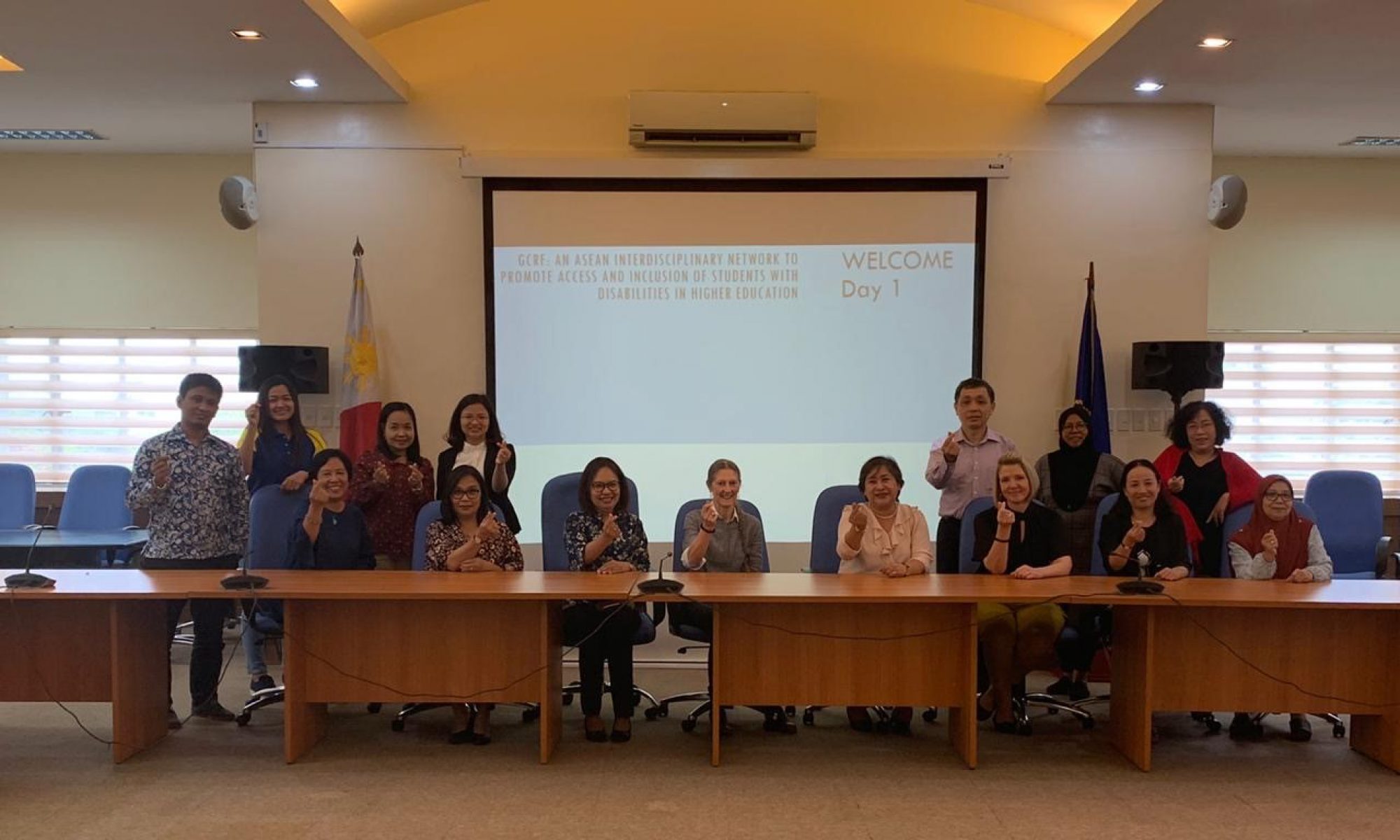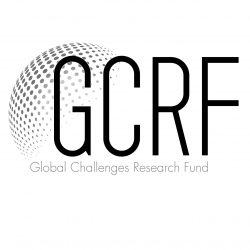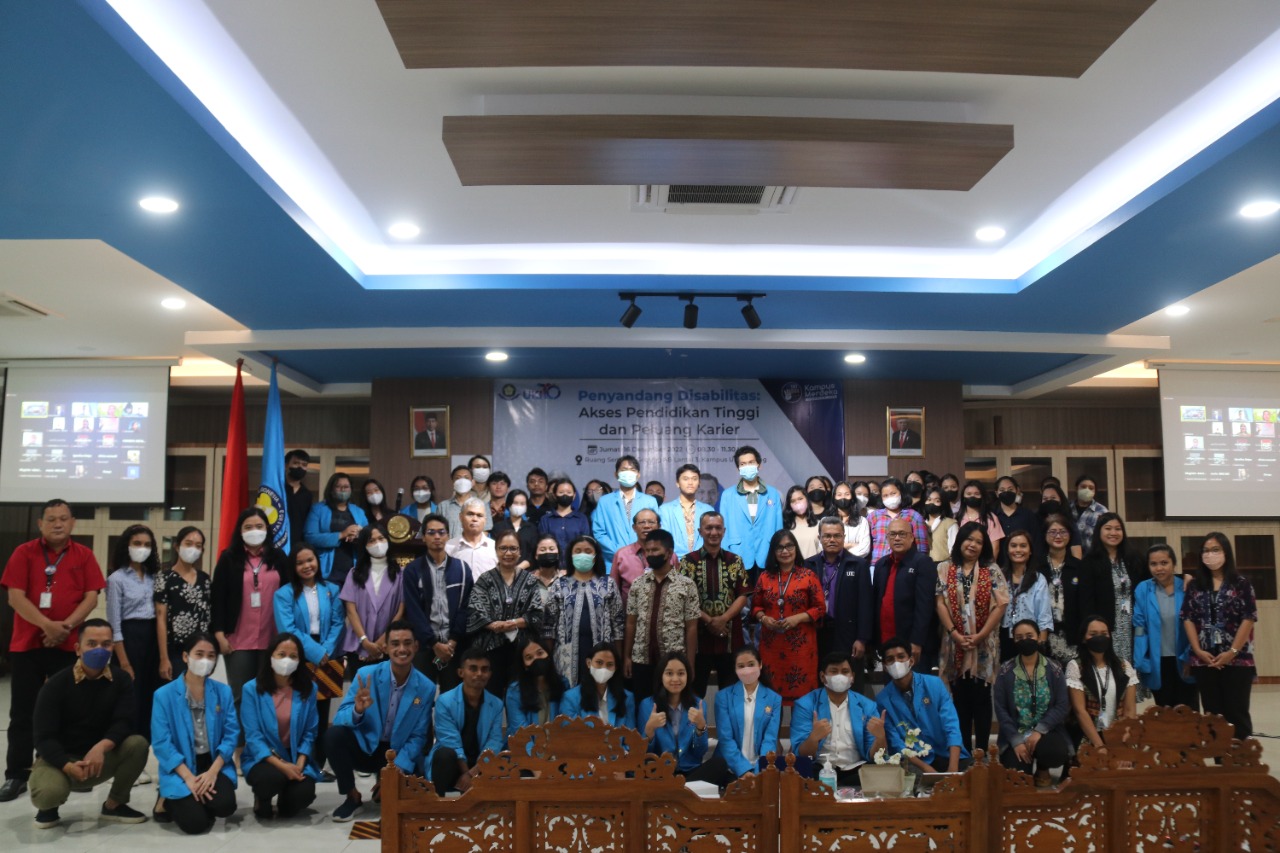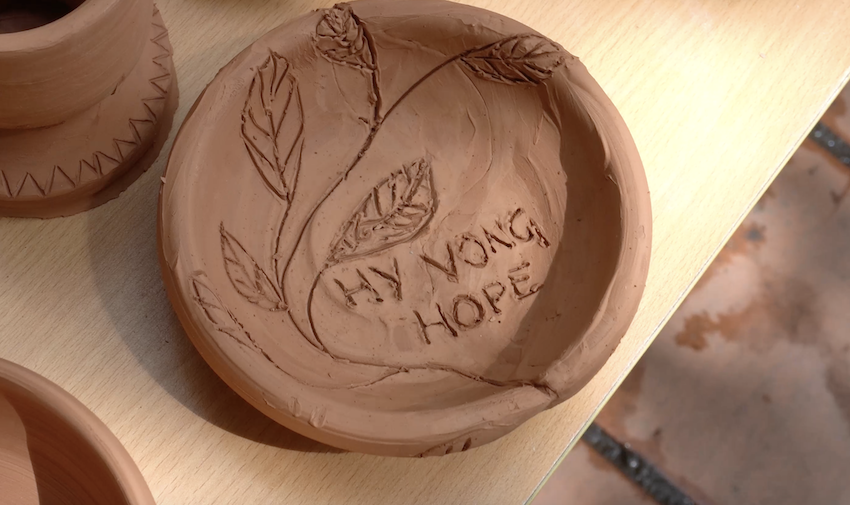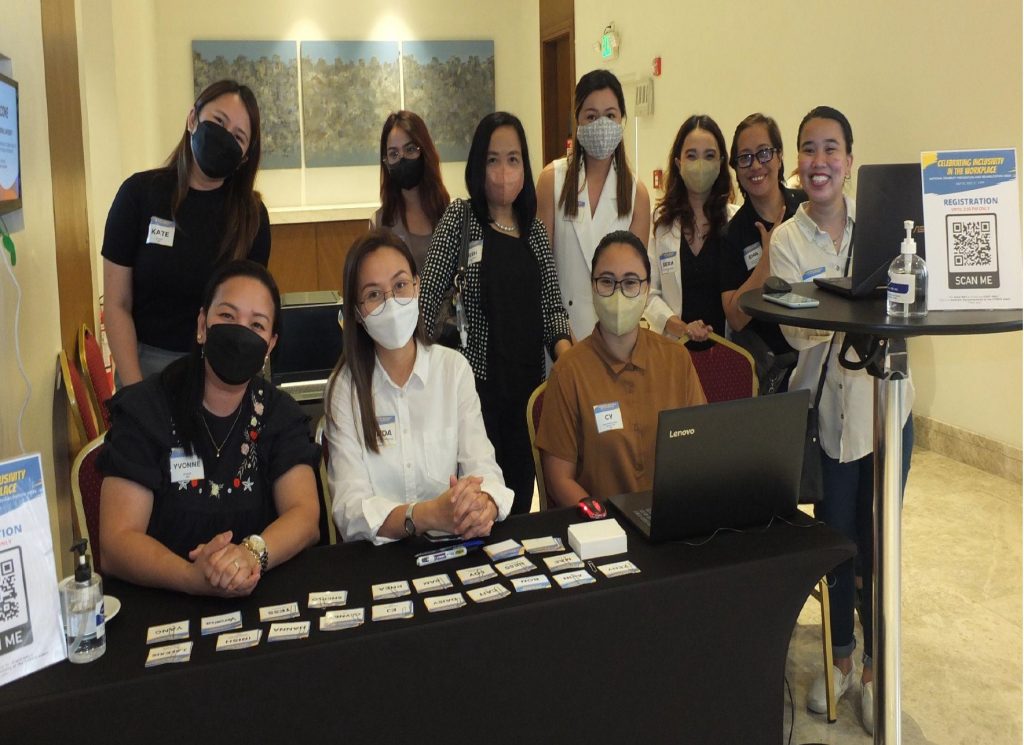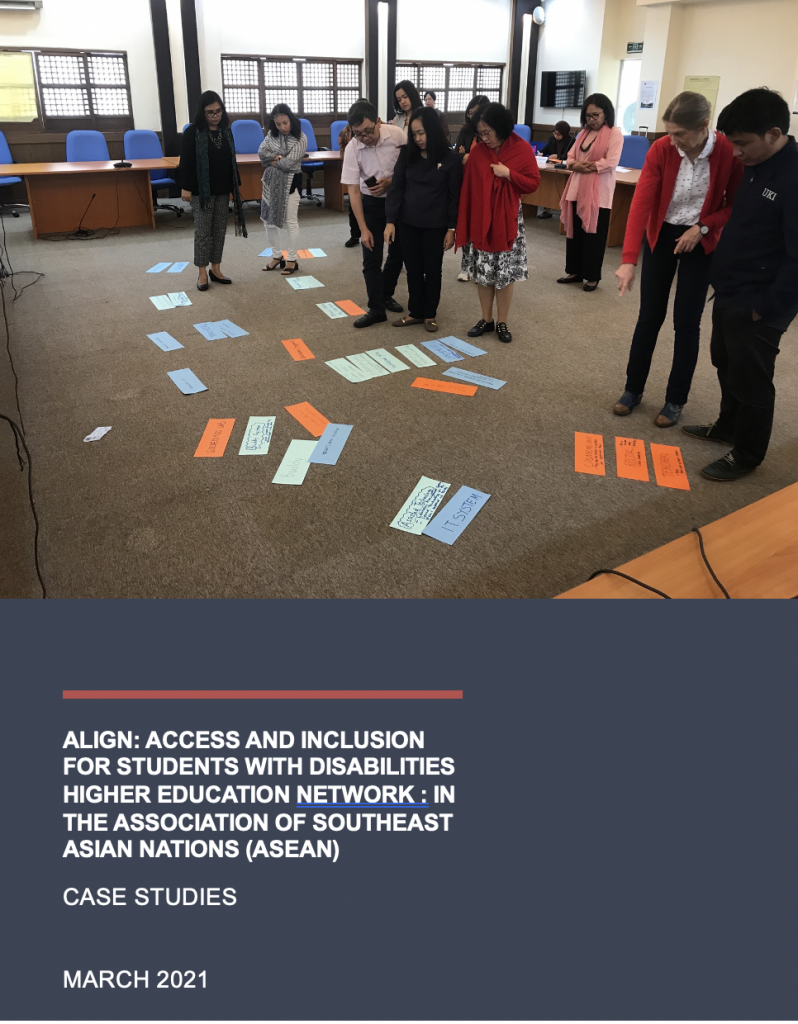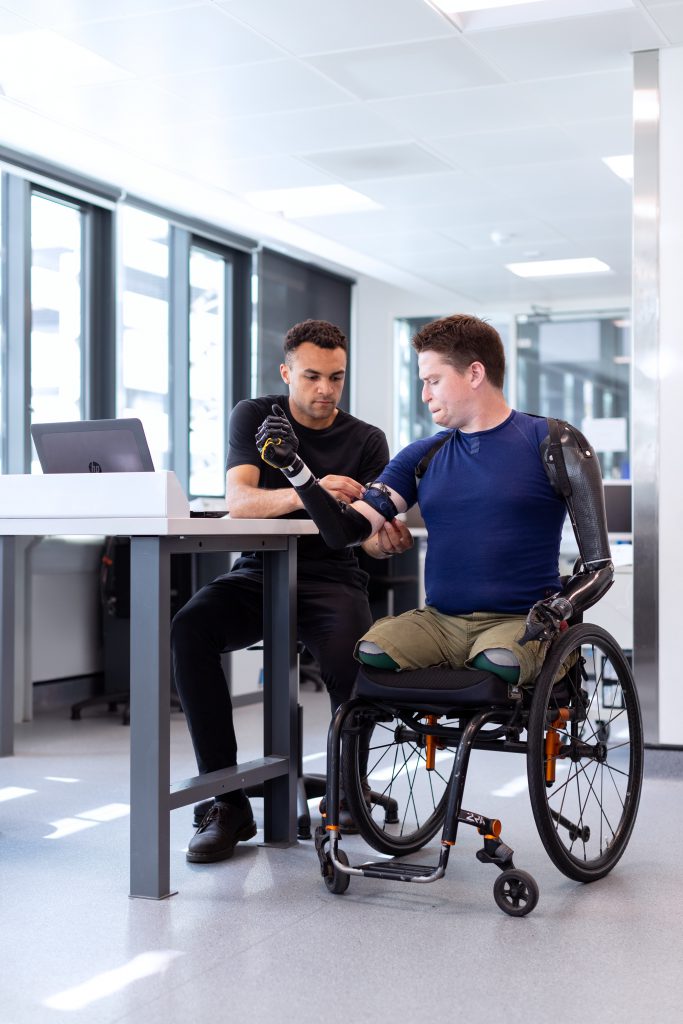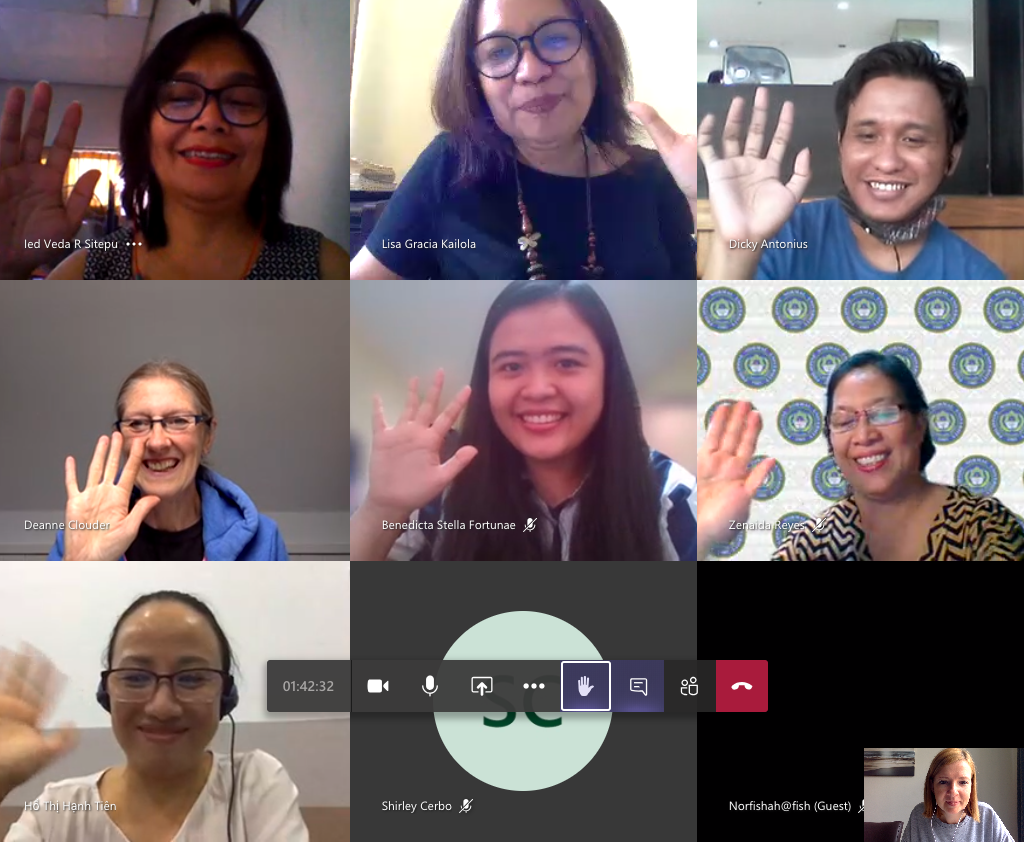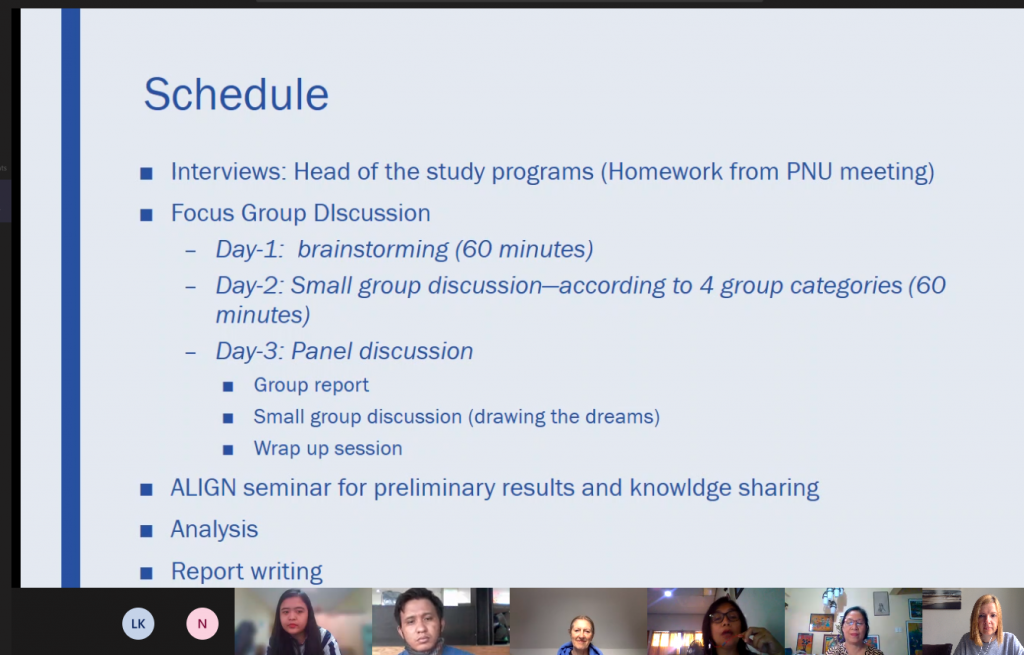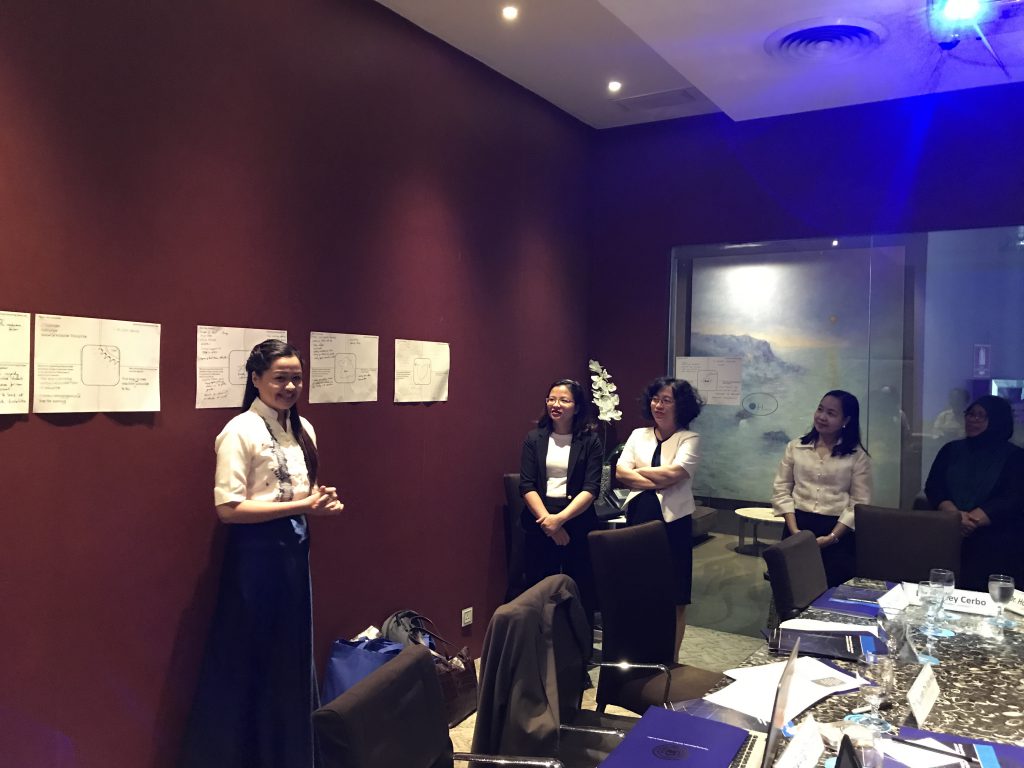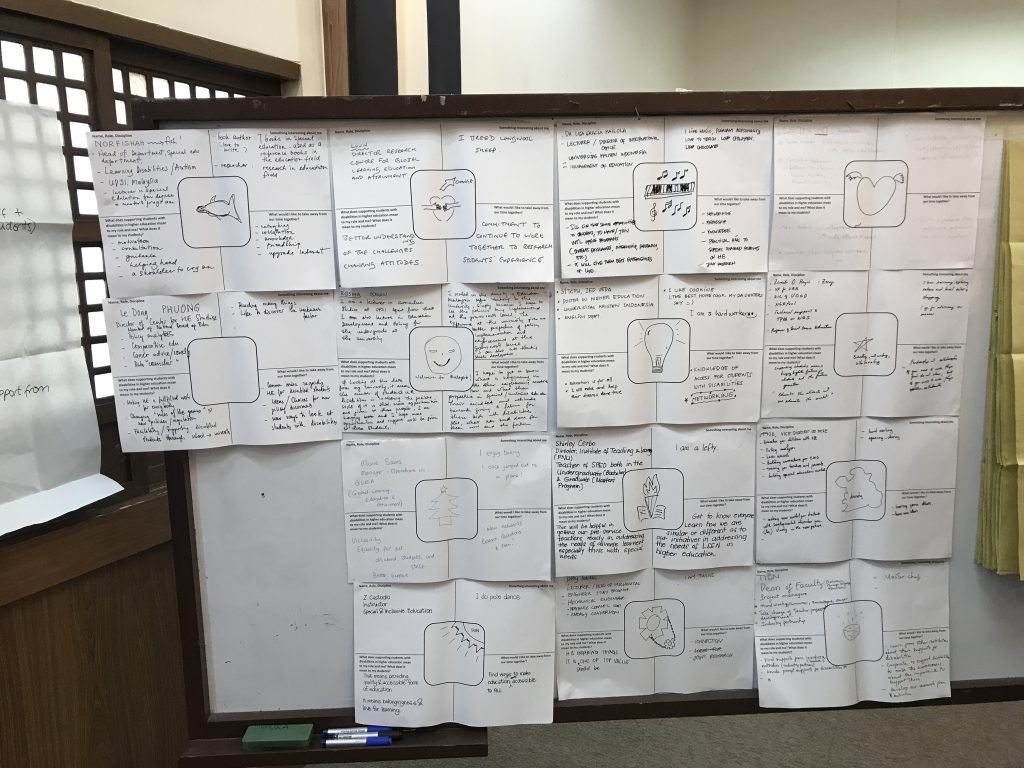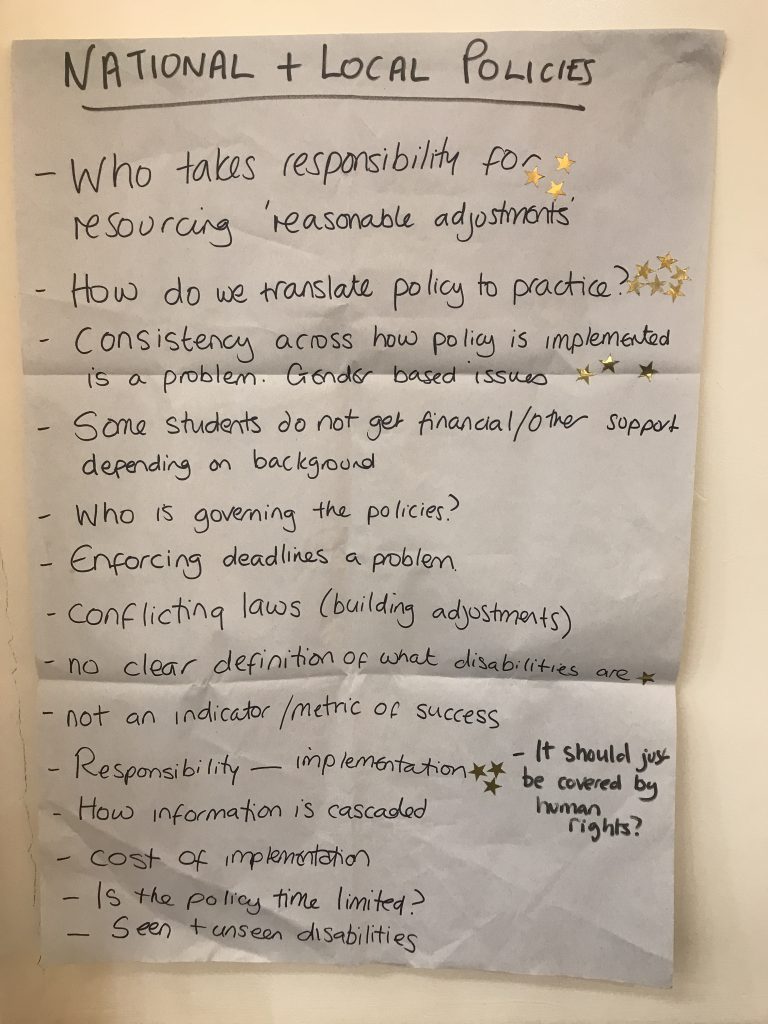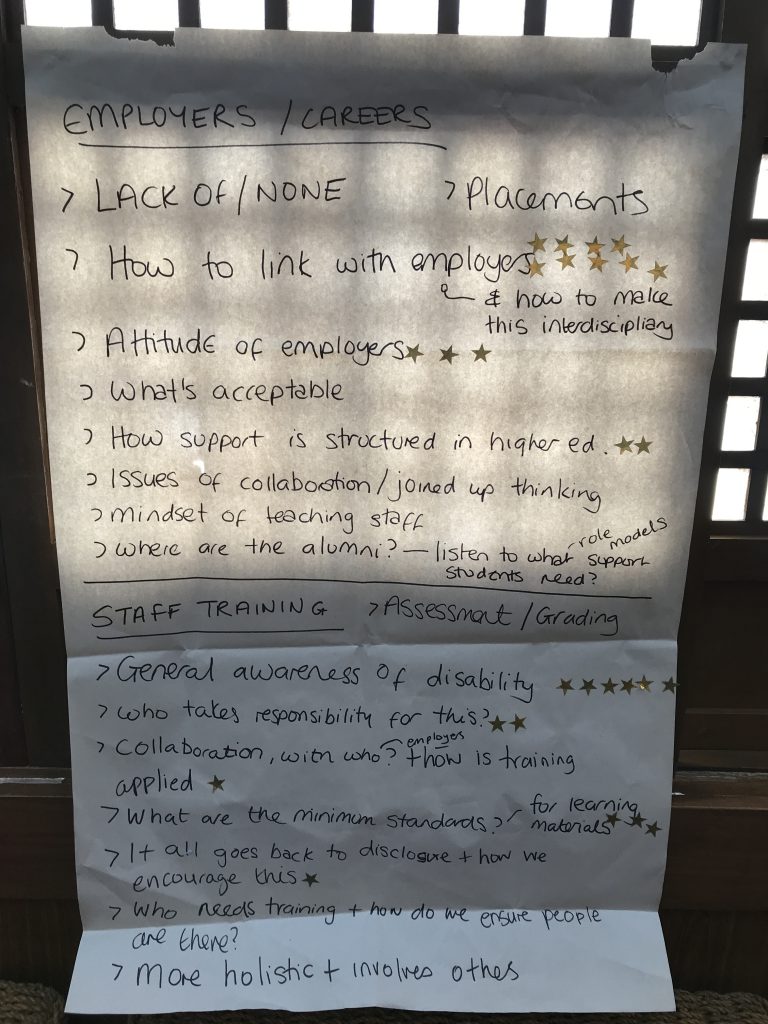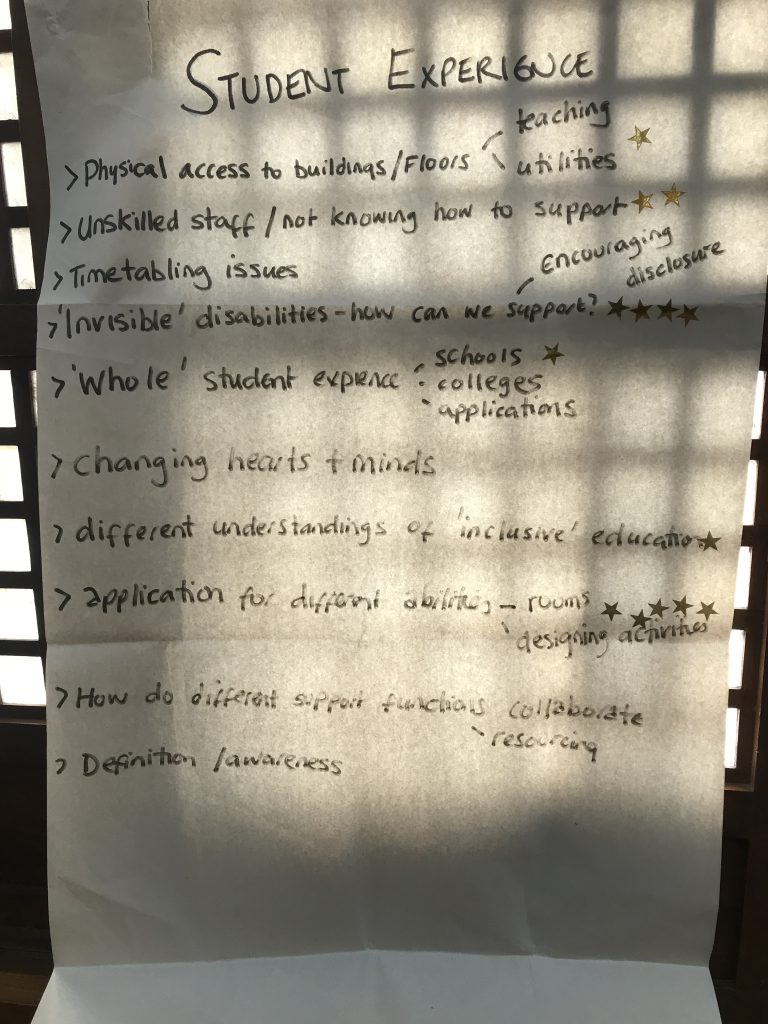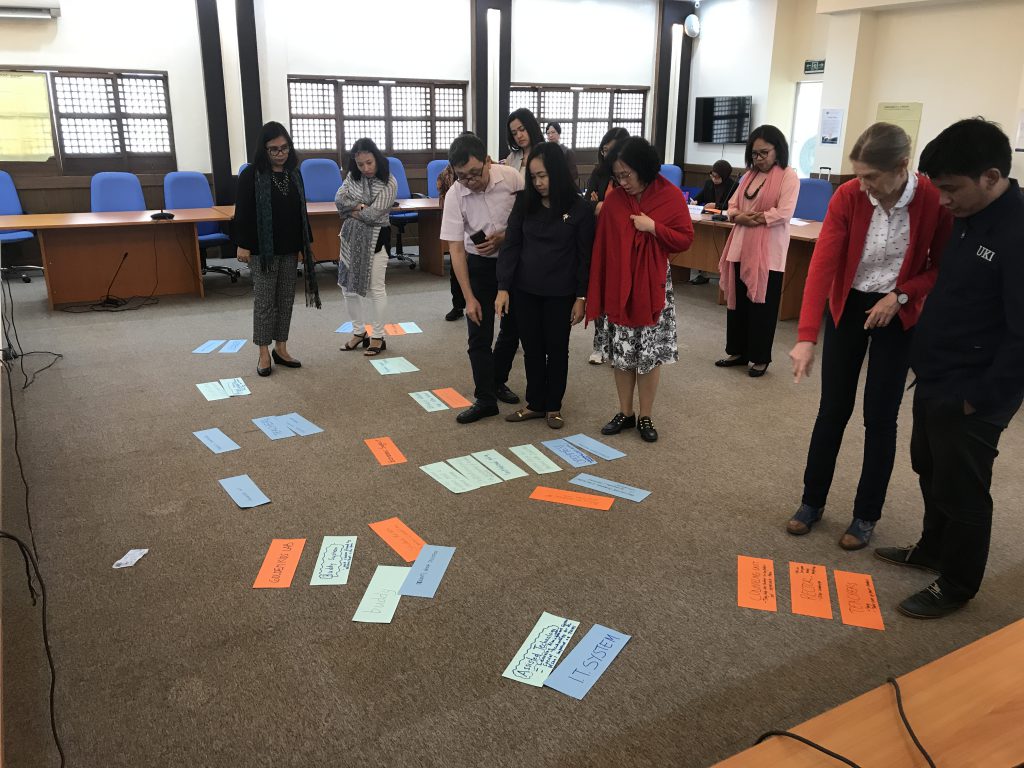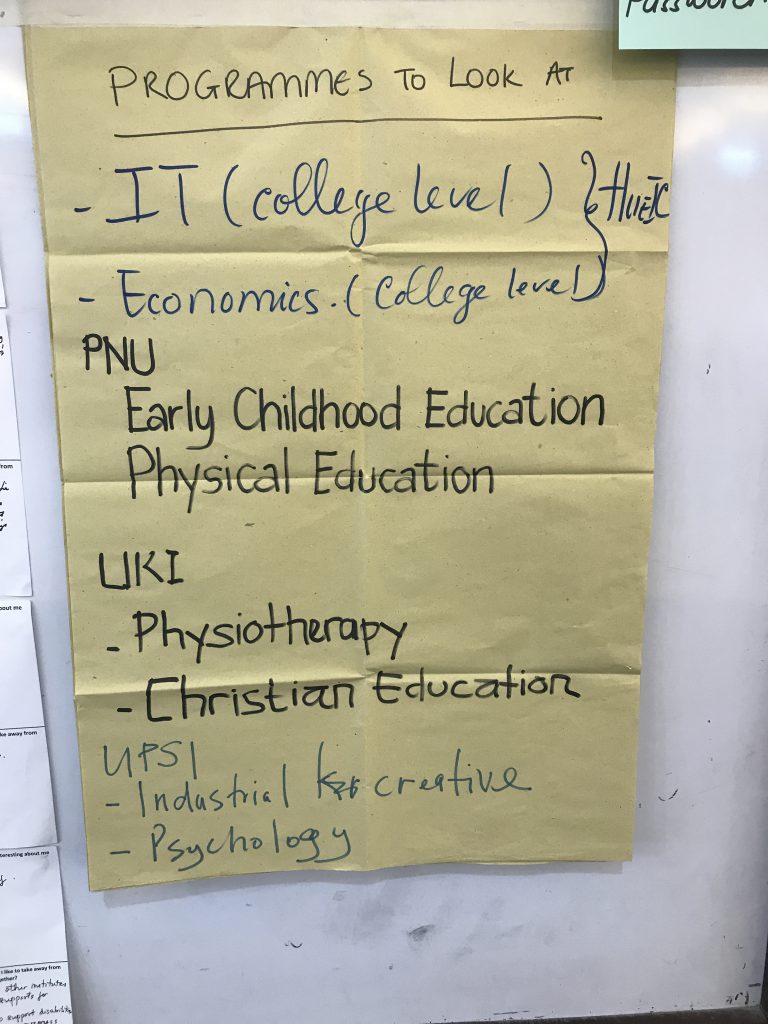In collaboration with Coventry University, United Kingdom, Universitas Kristen Indonesia (Christian University of Indonesia) hosted a celebratory event to promote access of people with disabilities to Higher Education and Career Prospects in Indonesia in the Seminar Room, Universitas Kristen Indonesia Cawang Campus. This event was part the ALIGN (Access and Inclusion for Students with Disabilities in Higher Education) project, funded by the Academy of Medical Sciences (GCRF Networking Grant), which involves partner universities from the Philippines, Vietnam, Malaysia, and Indonesia. As the place to train future workforce, higher education institution (HEI) should be inclusive, as a form of support for PwDs to attain knowledge and skills they need for their future. The commemoration of the International Day of Persons with Disabilities aims to increase understanding of disability issues and raise support for the realization of dignity, rights and welfare for persons with disabilities and to increase national awareness of disability access to higher education and the independence of persons with disabilities to career opportunities.
A musical performance by Elsafan Entertainment, a band of people with disabilities, livened up the event with their musical and singing talents and expressed their appreciation to UKI for the event and they voiced their hope that they will be given equal opportunity to pursue education and work because they have proven that they can.
Commissioner of the National Commission of People with Disabilities, Mr. Kikin Tarigan, in his keynote speech, stated, “An inclusive higher education institution ensures that each student attends, participates and even excel in his/her study, without any discrimination. Higher education institutions are training centres for for the people, including those with disabilities, for their personal development, without discrimination. The government must guarantee that access to higher education be provided to PwDs. With the qualifications they earn, they are able to apply in decent work sectors to support their life, thus, their standard and quality of life and welfare are guaranteed. To UKI, Mr. Tarigan expresses his expectation to do research on issues concerning people with disabilities.
Aside from Commissioner Tarigan, this event’s other speakers includes Prof. Dianne Clouder, Chair of ALIGN Project, University of Coventry, UK; Dr.rer.pol. Ied Veda Sitepu, S.S., M.A., ALIGN’s Indonesian team leader; and Ms Evi Deliviana, director of Golden Kids School, UKI’s lab school for the special needs children.
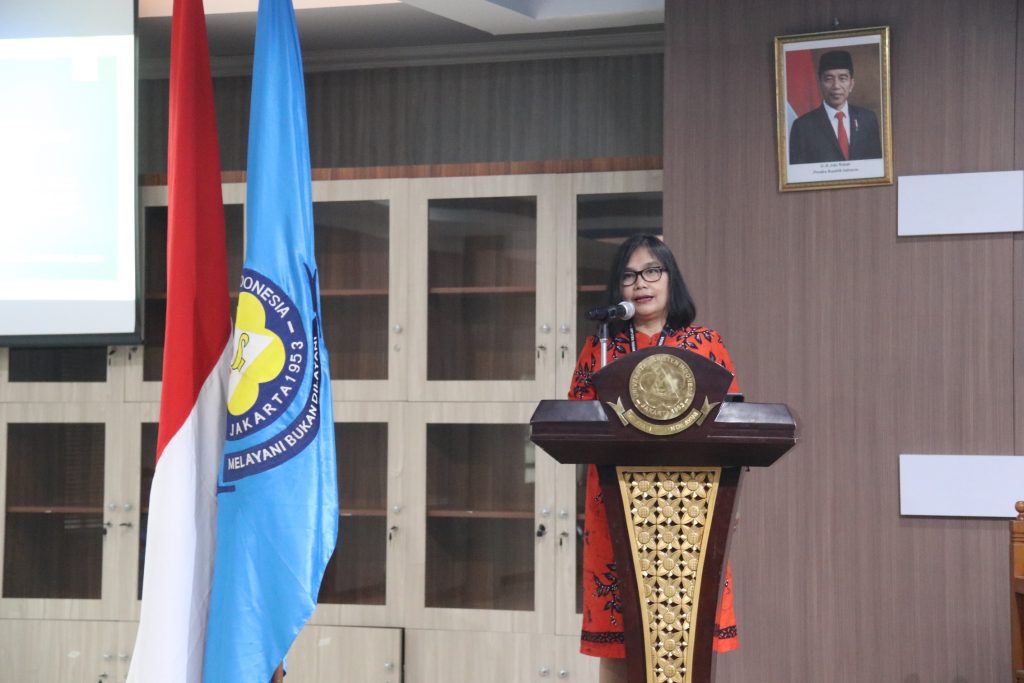
UKI’s Faculty of Engineering held an exhibition of its new innovations for this occasion. It just designed a vehicle for persons with impairments disabilities, called “Emastron-01′, Tricycle Electric Vehicle, designed to move forward and backwards.. This prototype can travel 15 km/hour, is environmentally friendly, and it requires a power of 500 watt with 36 voltage. Another prototype of electronic staff can detect water or unsafe roads for the blind. This stick is able to read road conditions of 2 to 150 cm to the front, 2 to 75 cm to the left and right. This tool can also detect objects near it and is designed with a water sensor on the tip of the stick.
The Vice Rector for Academics and Innovations of UKI, Dr. Hulman Panjaitan formally opened this event and the 190 persons in attendance include students and parents of the Golden Kids School, Guidance and Counseling teachers from private and state high schools in Jakarta, UKI students and lecturers, UKI’s leadership, and many others.
The poster illustrating the event can be found here:
